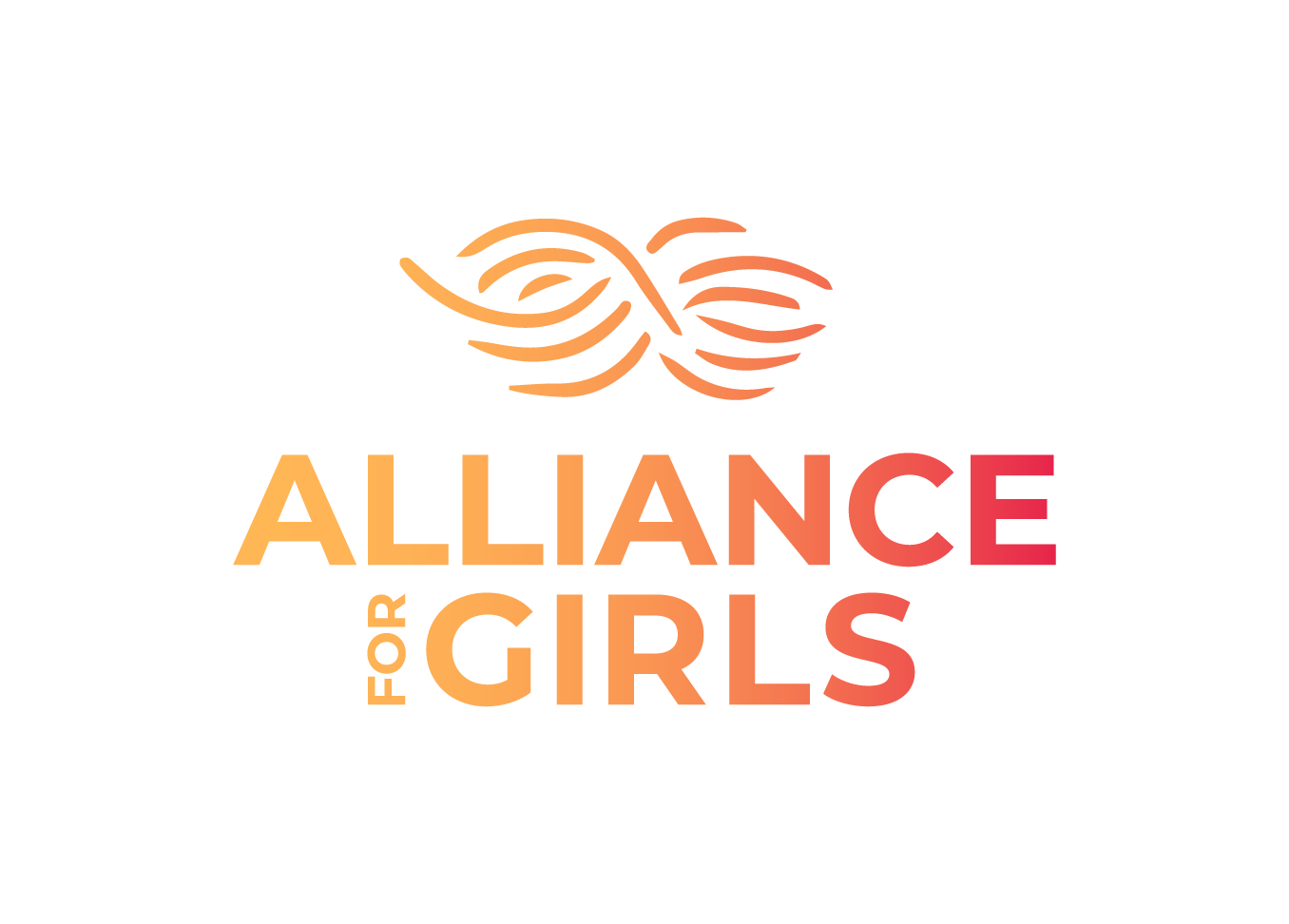Alliance for Girls Investigates COVID’s Impact on Diverse CA Girls
Philanthropy Women published an article on Alliance for Girls' #WhenGirlsThrive COVID-19 Response Initiative and the importance of paying more attention to the needs of girls, particularly Black girls and girls of color in the midst of the pandemic. The initiative is filling the data gap on the needs of girls and gender-expansive youth and bringing together advocates, educators, policymakers and agency leaders to ensure girls' needs are met as California navigates the COVID-19 pandemic.
Alliance for Girls (AFG), a California-based network of girls-serving organizations, wants state and local leaders to pay more attention to the needs of girls—particularly Black girls and girls of color—in the midst of the COVID-19 pandemic.
To investigate this issue further, Alliance for Girls has launched “When Girls Thrive,” an initiative researching and advocating for an expanded understanding of how girls are being impacted by COVID. It includes an online survey, and addresses the lack of data on the needs and experiences of girls and gender-expansive youth up to 24 years of age. This group is particularly vulnerable during this time of increased health risks, extended isolation, and significant disruption and barriers to education and work. Such challenges are even more extreme for Black youth and youth of color.
AFG’s initial survey of girls was conducted by its paid youth research team and began in March 2020. It includes responses from nearly 1,000 girls across Northern California, and showed that eight percent of girls across California don’t have a safe place to live (for Black girls the figure is 12 percent). Additionally, 14 percent of respondents don’t have access to food or groceries, with Black, Indigenous, and girls of color reporting not meeting basic needs like food, money, toiletries, period products and contraception at a higher rate than white respondents (Latinx respondents indicated the highest overall need).
Mental and emotional health has also been affected by COVID. Ten percent of all respondents, and 13 percent of Black respondents, lack a single caring adult in their lives. Finally, 12 percent of all respondents, 15 percent of Black or African American, and 16 percent of multiracial respondents reported not having access to a private space to communicate with a caring adult or friend.
“In times of crisis, the needs of girls are too often ignored, to the detriment of us all,” said Emma Mayerson, Alliance for Girls founding executive director. “Even during this challenging time, girls are showing incredible resilience and leadership. To make our communities stronger, we must invest in girls by listening to their needs, including them in decision-making that directly impacts their lives, and investing in the ecosystem of champions – individuals, organizations and schools – they depend on.”
AFG notes that the pandemic has led to a major reduction in mental, emotional and physical supports for girls. Of the approximately 50 girls organizations AFG surveyed, 72 percent are “open” online, seven percent have an open physical location and 26 percent are closed altogether.
